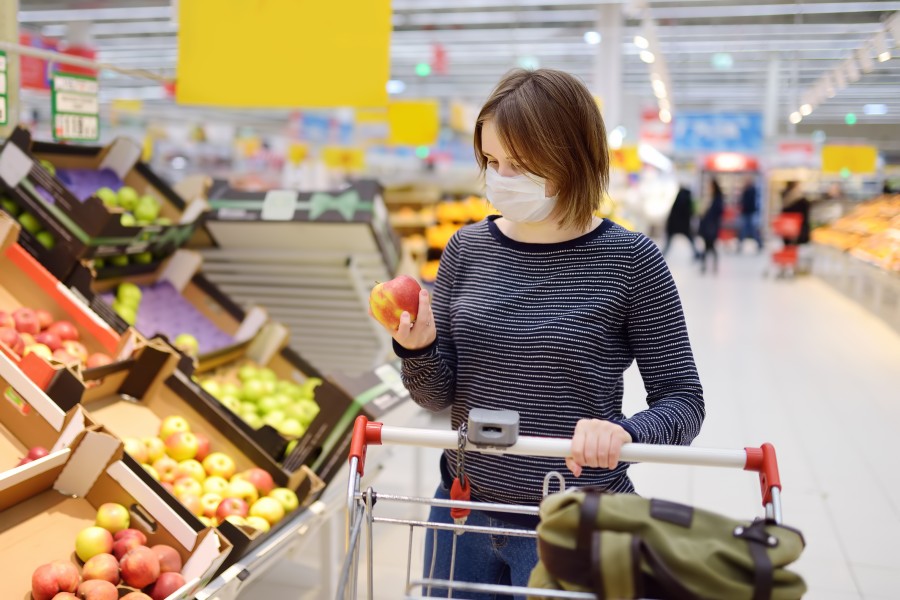In a time filled with uncertainty as we navigate the COVID-19 pandemic together, the world has collectively turned time and time again to a universal need that unites us even when apart: food. We’ve seen people return to their kitchens in larger numbers than ever before, intent on perfecting their new sourdough starter or getting food on family tables that now double as workstations and school desks.
This move toward cooking at home is motivated in part by restaurants closing their doors to support social distancing, but it’s also driven by a diligent focus on safety – of our food, our families and one another. In fact, a recent Emerson survey on shopping habits during COVID-19 found food safety and a desire for increased transparency of food safety systems are top of mind for consumers.
After surveying nearly 1,000 consumers across the United States, we learned nearly 2 out of 3 (62%) of people believe better technology has a role in maintaining food safety. More than half (51%) of consumers worry about the safety of fresh, perishable and frozen foods during their transportation to stores. And nearly 6 out of 10 people (56%) say better data is needed to ensure proper food safety practices from farm to fork.
We agree that data is critical. In fact, one of Emerson’s biggest focus areas is working with leading retailers to provide advanced cold chain technologies that increase visibility into every facet of the cold chain. Through trackers, sensors and building management systems that measure and communicate factors like temperature and humidity in real time, our technologies can help growers, shippers and retailers detect and address even small temperature variations to help protect food safety and quality.
These sensors provide constant information to companies, creating a comprehensive snapshot of data across the life cycle of food. Our advanced technologies maintain precise temperatures in refrigerated trucks and even in freezers and coolers in grocery stores, generating a consistent flow of rich, actionable data. We help companies analyze and understand this data to optimize operations, protect safety and manage energy more efficiently. Having data at our fingertips will continue to drive innovation in the cold chain – and only build on consumer confidence.
Providing consumers with insights about what they feed their families is crucial for their own peace of mind and for retailers to stay relevant: 1 in 2 consumers (51%) say they would be less likely to purchase food from stores that aren’t using the latest technologies to keep food safe.
Consumer habits are typically slow to change, but COVID-19 has turned this conventional wisdom on its head. Nearly half (45%) of consumers surveyed say they now shop in person much less frequently than before the pandemic. Even more telling: 4 out of 10 consumers say the way they shop has changed permanently. This shift is even more steep among consumers 39 and younger, as 48% say their shopping habits have irreversibly shifted
Increased demand for visibility across the cold chain is a welcome movement. Monitoring technologies can be cost-effectively deployed, and their returns in data, information and consumer confidence are nearly impossible to overstate. On either side of the grocery cart, when retailers commit to investing in the latest technologies – everyone wins..
John Rhodes
Group President, Digital & Connected Technologies, Emerson Commercial and Residential Solutions

